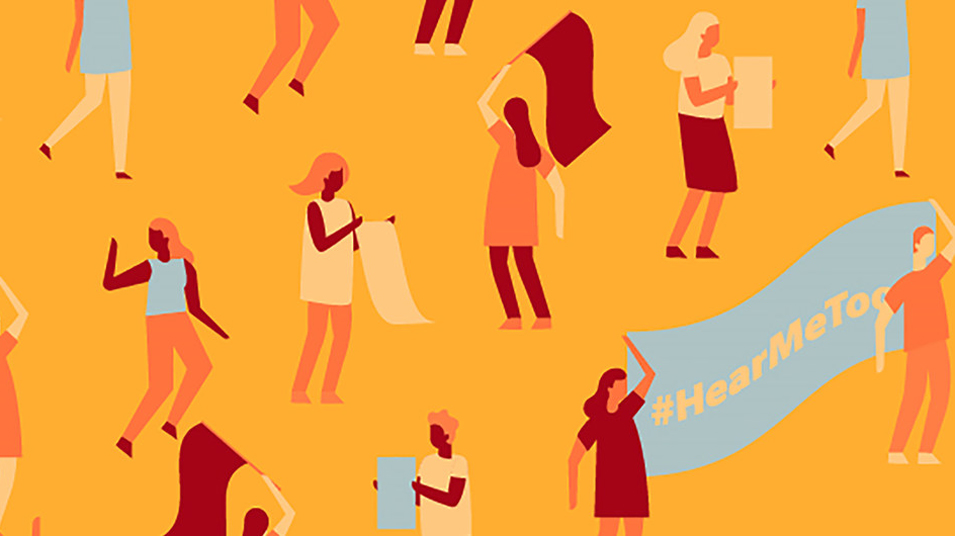International Day for the Elimination of Violence against Women
The United Nations Entity for Gender Equality and the Empowerment of Women (UN Women) has launched a 16-day campaign for activism against Gender Violence, commencing on 25 November, on the occasion of the International Day for the Elimination of Violence against Women, to 10 December.
Violence against women and girls is one of the most widespread human rights violations in the world. It is defined as:
Any act of gender-based violence that results in, or is likely to result in, physical, sexual or psychological harm or suffering to women, including threats of such acts, coercion or arbitrary deprivations of liberty, whether occurring in public or in private life. (UN Declaration on the Elimination of Violence Against Women, 1993)
In Palestine, the Palestinian Working Woman Society for Development launched an initiative to combat violence against women and girls, in line with the international campaign. The campaign advocates for policy makers to issue policies and resolutions that are gender-sensitive, focusing on the Personal Status Law that regulates almost every aspect of women’s lives related to marriage, divorce, and inheritance.
Gender-based violence in Palestine is multilayered; it is associated with the patriarchal structures and asymmetric gender relations that are dominant in the Palestinian society, and exacerbated by the Israeli occupation and its persistent violations against women’s rights.
|
Women’s Presence in Palestinian Society According to the Palestinian Central Bureau of Statistics (March 2018) |
|||
|
10.6% of households are female-headed |
1/5 of the persons in Palestine got married at an early age (less than 18 years) |
The female participation labor force rate was 19.0%, while the male participation rate was 71.2% |
Pay gap in the average daily wages: For women, it was NIS 84.6, compared to NIS 119.6 for men |
|
21.2% of the members of the local councils in the West Bank are women, while 78.8% were men |
The unemployment rate among women participating in the labor force was 47.4%, compared to 22.3% for participating men |
82.7% of judges were male, compared to 17.3% female. |
Female literacy rates were 95.6% compared to male literacy rates ot 98.6% for the year 2017. |
At Birzeit University, The Institute of Women’s Studies and the Gender Unit at the Media Development Center conduct several programs, projects, research projects, and awareness campaigns to address and advocate for basic social and development issues in relation to gender-equality.
To the women of Birzeit, you have our utmost respect and admiration. You are the backbone on which rests the top national educational institution in Palestine. You are Birzeit University.”- University President Abdullatif Abuhijleh
Women have always been a driving force for excellence at Birzeit University. In fact, there would be no Birzeit University without the great efforts and contributions of two female entrepreneurial, future-oriented thinkers: Nabiha Nasir and Ratibeh Shkair, the founders of Birzeit School for Girls, which would later become one of the most prestigious universities in Palestine. – Birzeit University History







